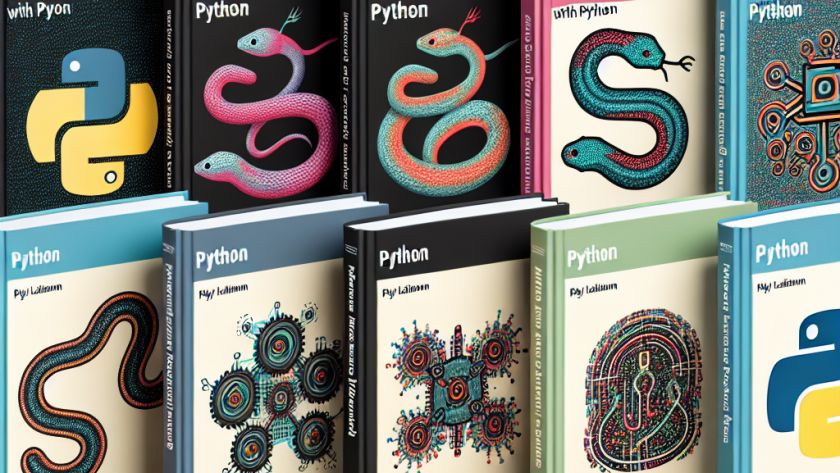Artificial Intelligence, Business and management, Careers, Community, Ethics, History of science, Human-computer interaction, Innovation and Entrepreneurship (I&E), Invention, Labor and jobs, Machine learning, MIT Schwarzman College of Computing, MIT Sloan School of Management, President Sally Kornbluth, School of Architecture and Planning, School of Engineering, School of Humanities Arts and Social Sciences, School of Science, Special events and guest speakers, Sustainability, Technology and society, UncategorizedMay 7, 2024222Views0Likes0Comments











